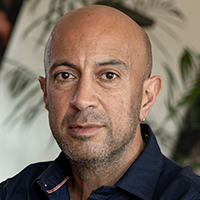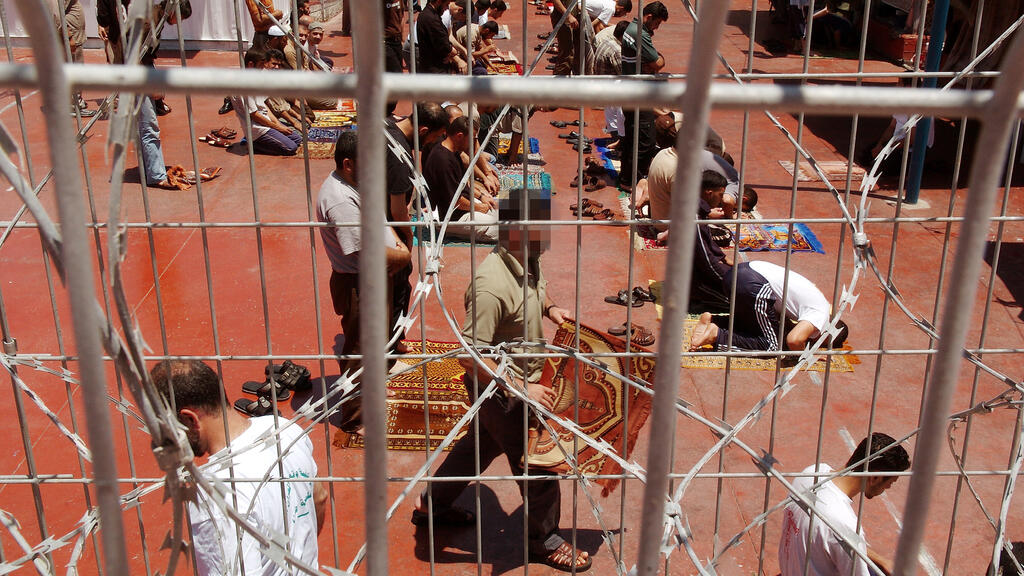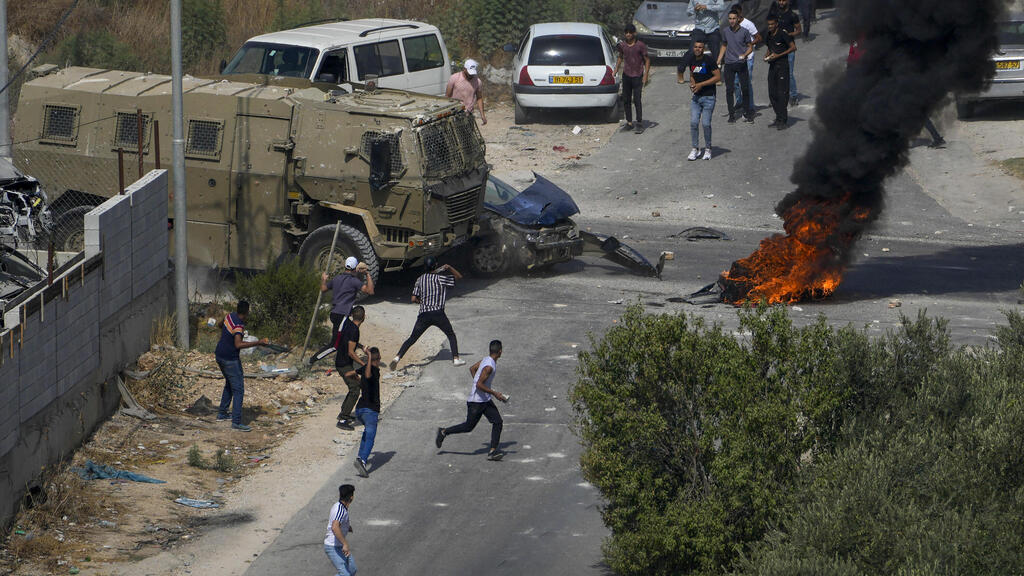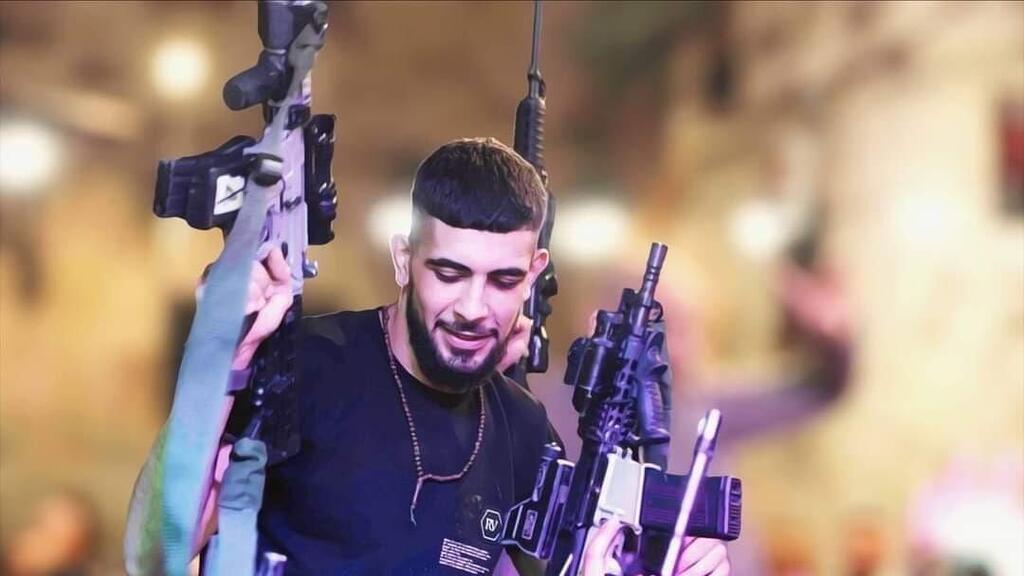On Thursday, some 1,000 Palestinian prisoners in Israel began a hunger strike over the fact that there is no official body to negotiate with within the Israel Prison Service. The strike is not limited in time, and next week, if the IPS and the prisoners' representatives won't reach an agreement, additional 1,000 prisoners are set to join the strike.
Head of the Commission of Detainees and Ex-Detainees Affairs and Fatah member Qadri Abu Bakr issued a statement on Wednesday, in which he didn't try to hide the real motives behind the strike.
He said that on Friday the strike "will become a real awakening that would ignite the Palestinian street," which signals intention to incite the public, causing mass rioting and violent clashes. The office of Palestinian President Mahmoud Abbas also issued a statement, warning Israel against violating the rights of Palestinian detainees. The bottom line is that the PA will not attempt to interfere or stop such strikes.
This appear to be a newly-emerging problem of Israeli security officials - not the strike itself, but the weakness of the PA. The Palestinian Security Services struggle to operate in various areas of the West Bank - especially in the northern parts. These areas swiftly are turning to hotbeds of armed militias working to harm Israeli targets.
At first, it was the Jenin area and the refugee camp in the city, but the focus quickly turned to Nablus and then to the surrounding villages.
On Wednesday, Israeli security forces conducted an operation in Silwad, north-east of Ramallah, and managed to nab a squad of Palestinian militants who carried out a shooting attack on Israeli targets a few weeks prior. The fact that the squad was arrested near Ramallah means they were able to operate in the backyard of the PA. Thus, the IDF and Shin Bet officials are expected to face a difficult challenge in the coming days in the West Bank.
According to the latest statistics, more than 60 shooting incidents occurred in the West Bank in the first part of August, and 60 shooting attacks were carried out against Israeli security forces during arrest raids in the area in recent months. These numbers are higher than in all of 2021 combined.
In addition, another 220 shooting incidents were thwarted by the IDF and Shin Bet. These numbers are relatively high to the numbers we got used seeing to in the past decade.
The Palestinian terrorists with whom the IDF is dealing are also different from those it faced in recent years. To a large extent, it can be said that they are merciless, strive to engage in combat, refuse to surrender easily, and equally important - thirsty for publicity and versed in social media. The most well-known among the latest "famous" Gen-Z terrorists was Ibrahim al-Nablusi, who was killed by Israeli security forces three weeks ago while evading arrest.
Al-Nablusi became a Palestinian social media terror "influencer," having recorded himself at funerals and during shooting attacks, which he later published to online platforms.
Earlier this week, a friend of a wanted Palestinian "succeeded" to film him shooting at IDF forces as they closed in to arrest him (and he later turned himself in). Each video of this kind glorifies the militant in question, who then immediately becomes a local hero and in some cases, a national one, like al-Nablusi.
These new-age terrorists also don't have any distinct organizational affiliation. They see their local Palestinian identity as more important than being affiliated with a particular terror group.
The growing involvement of Islamic Jihad members in the shooting attacks, as well as Fatah operatives who are now collaborating with them, raises suspicions that we are witnessing a development that is beyond spontaneous. Hamas certainly won't object to this move. It contributes greatly to incessant attempts of persuading Palestinians in the West Bank to carry out attacks against Israel.
In the early years of the Second Intifada, Hezbollah invested quite a lot of funds in an attempt to incite the West Bank by supporting Fatah and Tanzim operatives in the Nablus area. Such a scenario is also possible now.
Above all, the current escalation in the West Bank makes it clear for the umpteenth time that despite the Israeli attempt to lavish the Palestinians in the West Bank with economic benefits and bury its head in the sand in the process. Since 2009, the Palestinians continue to oppose Israel's wild dream of truce through "deluxe occupation."





